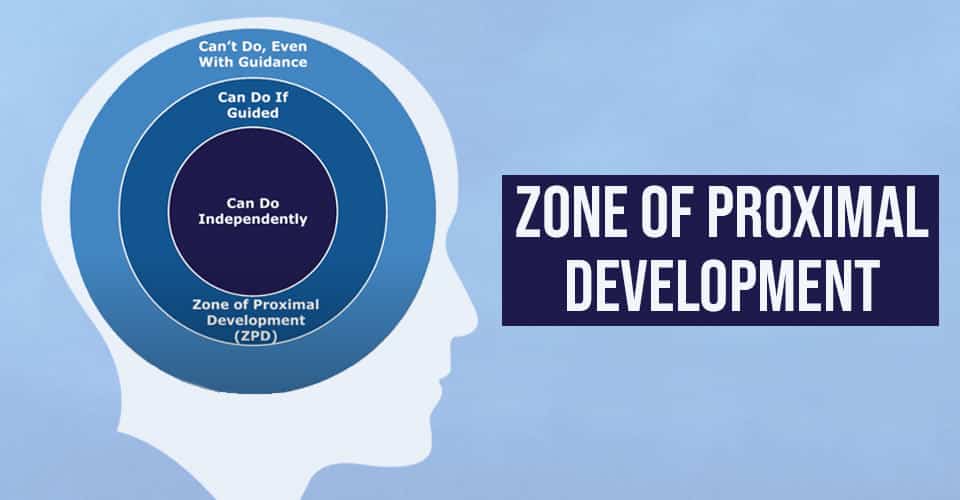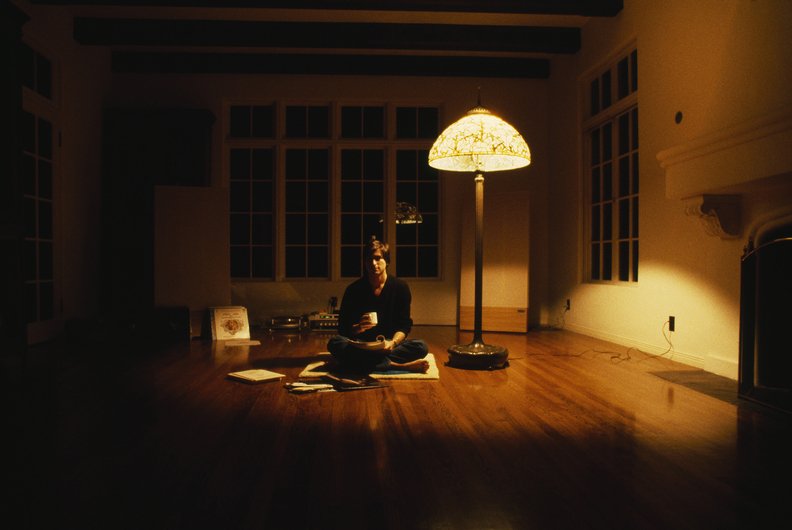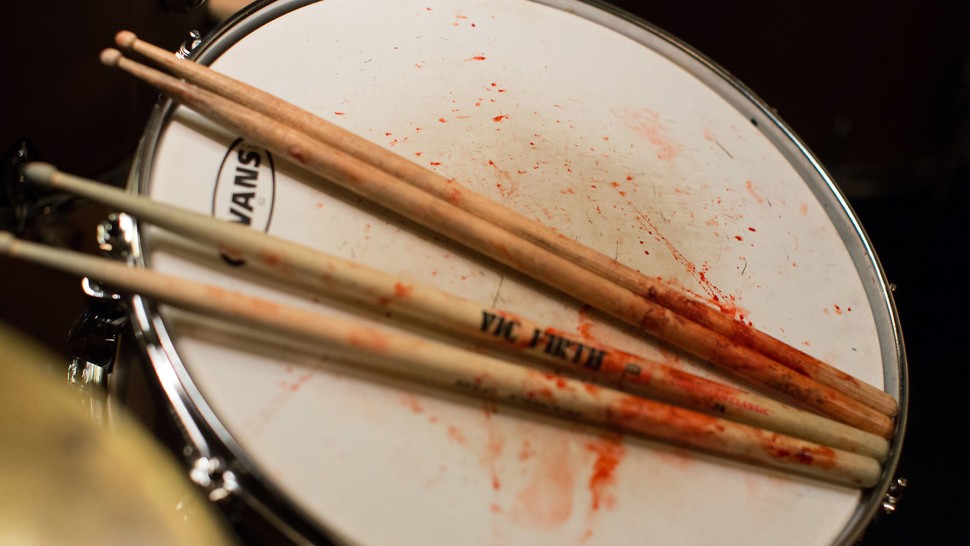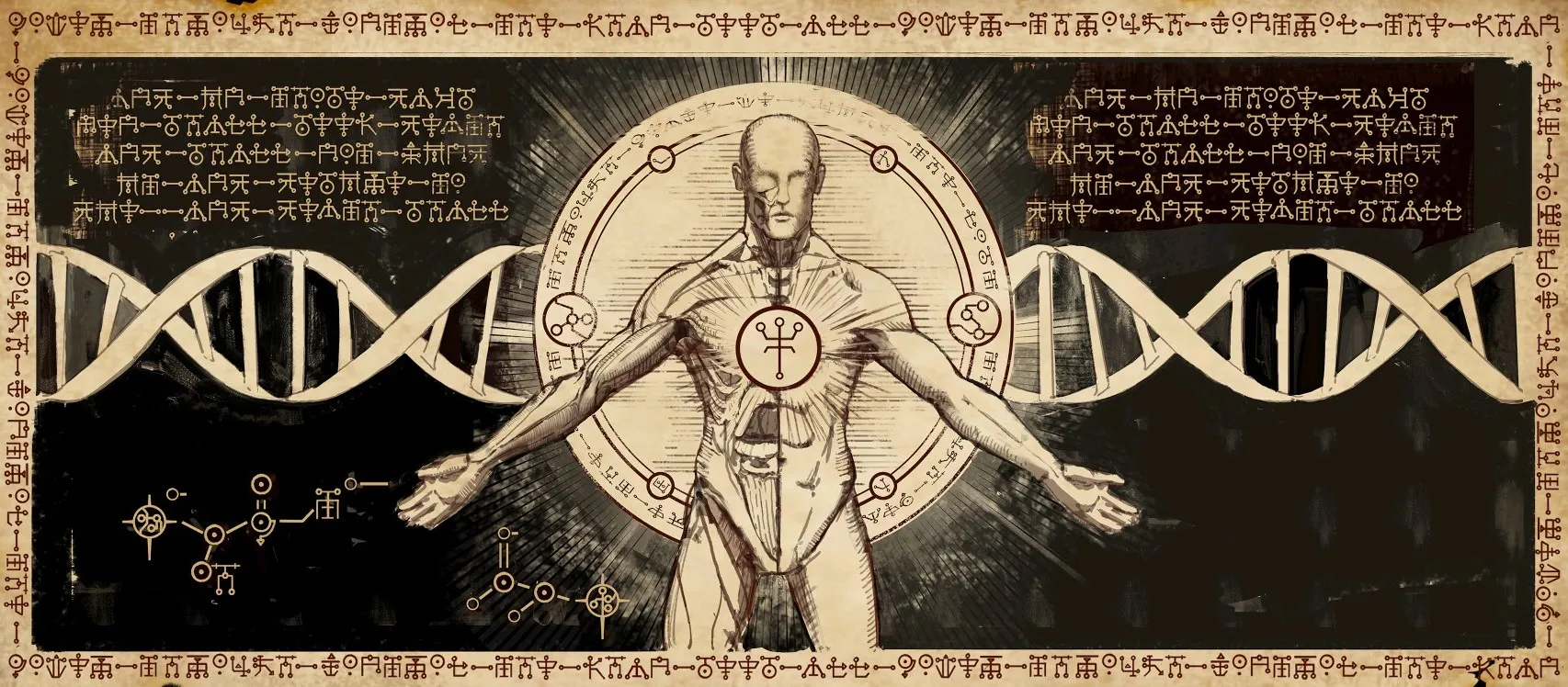What Steve Jobs, Whiplash, and Psychedelics Teach You About Greatness 🌱

📍 Coordinates: The Dojo Room, The Nest – Argentina.
🎧 Music Pairing: You Can See Forever – Desert Dwellers.
📖 Reading Time: ~7 minutes.
🧉 Housekeeping: (1) I’d love to talk about this! Add a comment to any of my pieces. (2) Grab the Substack app and head over to our group chat, I’m opening it for this piece. (3) Know someone who would like this? Share it with them.
“Beyond your experience, but within your ability.”
I had two teachers in high school who changed my life…
High school wasn’t difficult, but it wasn’t exciting either.
Like many in the gifted-burnout archetype, this led to chronic coasting. A deep complacency driven by boredom. “Expend the least effort possible to get by.”
On the surface, I was a strange amalgamation of emo rocker, rainbow-coloured scene kid, with a dash of skater/jock/gamer/nerd all rolled together.
And yet, I could go through calculus, english, philosophy, and biology with relative ease. Grading is a uniform process, so as long I did what was expected, we were good, yeah?
Not with these two.
Many students feared or hated them because they graded the person.
They had an exceptional ability (being highly skilled teachers) of judging what the individual was capable of, and would grade you against your capability. Not what the rubric said or the state-mandated definition of an ‘A’.
If you did shit work compared to your capability, you got a shit grade.
They saw past my bored facade, honoured the intelligence I had in me, and forced it to flourish. They were my English and Anthropology/Philosophy teachers, and looking back, it all makes sense.
This was the first time in my educational existence I felt truly challenged. I continually had to deliver better than my current best. I had the blessing/curse of having them several times throughout my 4 years, and we developed a deep relationship.
I tried to arrange all my classes with them. Like an extended, drawn-out game of chess against a master, they were always a move ahead, and I was scrambling-growing to keep up.
It was exhilarating. Addicting. Inspiring.
They awoke me from my complacent slumber and sat me down in front of a worthy opponent for the first time: my own untapped potential.
From that point on, my life has been an inward game. The only comparison that matters is whether I can keep pace with my potential.
I had this resistant-at-first, angry-at-worst, admiration-in-the-end relationship with all of my greatest teachers. It felt like they were highlighting every single fault and shortcoming of mine, while simultaneously showing me exactly how to move beyond them.
For those who feel the call of greatness, you cannot accept complacency. You must be thrust out—often forcefully—of your existing paradigms and limitations.
You must be evicted from your comfort zone and thrust into your own zone of proximal development, as psychologists might say.
“The Zone of Proximal Development (ZPD) is defined as the space between what a learner can do without assistance and what a learner can do with adult guidance or in collaboration with more capable peers.”

By definition, the ZPD requires assistance.
It requires guides, teachers, mentors, or highly capable peers. You cannot see your own blindspots. You need to be held accountable to your greatness.
Greatness—like a marble sculpture—is carved out of you.
It is painful. Growth often is. But for those willing to pay the price of admission, legend awaits.
There are 3 exceptional illustrations of this. Steve Jobs, the movie Whiplash, and the psychedelic experience.
They all push you to your breaking point. Beyond the scope of exhaustion. Into collapse. Into surrender. Into evolution.
They make you breakdown so that you can breakthrough.
The question is—like a seed beginning to grow—how willing are you to be broken? You must break open to let the flower of greatness bloom. You must break out of your comfortable shell—or be broken out of it.

Steve Jobs
Steve Jobs is a legend; one of my greatest inspirations. Rest in peace.
His business was to bring the best people together and force them into their zone of proximal development.
He did this with his reality distortion field. The RDF is a term first used by Bud Tribble at Apple Computers in 1981, to describe Steve’s charisma and its effects on the developers working on the Macintosh project:
“The RDF was said by Andy Hertzfeld to be Steve Jobs' ability to convince himself, and others around him, to believe almost anything with a mix of charm, charisma, bravado, hyperbole, marketing, appeasement and persistence. It was said to distort his co-workers' sense of proportion and scales of difficulties and to make them believe that whatever impossible task he had at hand was possible.”
This is a favourable take. Let’s not forget that Steve could be absolutely ruthless.
If you couldn’t play, if you didn’t like the flavour, you could leave. Those that stayed, however, changed themselves and changed the world.
Here’s one example from a sound engineer working on original Macintosh desktops:
“It sounded crappy, sound comb filtering off the hard surface of a lab bench. Pretty nasty. He winced. Made a coment about the sound. Demo in the bag - I though we were doing the great sounding forward firing speakers. Some one asked “which model Steve?” “the last one” Wait. What!??!? I blurted out “but you said they sound like crap”. “They do - your job is to make them sound good enough so customers don’t bring the product back” Then he did the SJ pure gold move. “The thing is that anyone who cares about music, will plug in external speakers. And then they will be looking at the product wondering why there is a grille on the front. I want the design to be clean” We shipped the downward firing speakers. Steve had a wholistic vision for the entire product. If something was harder to do, but it made the product better, do the hard thing. He did this thousands of times. He helped people do better work by challenging assumptions and explaining what he wanted.”
Steve pushed people to their breaking point, to the limits of their capacity, and helped them break through into new levels of development and execution.

Whiplash
Whiplash is a fantastic movie about the relationship between jazz music teacher Terence Fletcher and newcomer drummer Andrew Neiman.
Fletcher accepts nothing less than absolute greatness. He yells, hits, distracts, exhausts, frightens, and belittles the students. His classes are militant, drilling parts for hours, starting exactly on the hour, and accepting no mistakes.
What struck me the most in this movie is that our main character Neiman evolves from an initial position of confused resistance and anger with Fletcher to a full buy-in. He recognizes that genius and madness are blood relatives. He sees—perhaps for the first time—his own untapped greatness.
Neiman recognizes how difficult it will be, the cost of admission required, to truly cultivate this greatness inside himself.
Finally (as is required to reach the zone of proximal development), he recognizes and deeply embodies the fact that he cannot get there by himself. In a perverse way, he recognizes what his teacher is trying to do. Mercilessly hammering out technical inconsistencies and emotional immaturity.
The movie concludes with him delivering perhaps the greatest jazz drum solo performance you will ever hear. He did it.

The Psychedelic Experience
The psychedelic experience, when approached from an intentional, internal framework, is undeniably effective at ripping you out beyond your comfort zone.
High-dose psychedelic experiences teach you that you can handle far more than you once thought. That you are indestructible, untouchable, and have nearly unlimited capacity.
Just when you think you’re at your breaking point—deep breath—and continue.
You realize that even as you say to yourself “this is too much, I can’t handle it” you are at that moment literally handling it. If you can do it for that moment, you can do it for the next one too.
Psychedelics are frame-breaking, capacity-increasing tools of consciousness. Unlike a music teacher, a fellow Apple co-worker, or your high-school Anthropology teacher, psychedelics put you in the zone of proximal development of your own consciousness.
It’s like a meta-ZPD. The zone of development for all possible zones of development.
With new perspectives, heightened awareness, and increased mental flexibility, it becomes easier to go to your ZPD in all areas of your life. Whether that’s skill acquisition, emotional intelligence, concentration, spiritual connection, or relationships.
I’ll be the first to admit I’m more of a carrot vs. stick man myself, but I cannot deny the necessity of strict mentorship if you are seriously pursuing greatness in any domain. It is exactly the inconsistency, immaturity, lack of discipline, that must be hammered out like a sword is hammered from steel.
You must first break the ceiling that limits your expansion. You must breakdown so that you can breakthrough. The true you is indestructible, anything that can be broken must be, for these are the chains that hold you back.
Surrender into creative self-destruction. It is the first step of eternal self-evolution.
With love, EB. 💛
No spam, no sharing to third party. Only you and me.
